How good was Howards End (BBC One)? Practically flawless. Even if it broke into a bit of an action-packed sprint towards the dénouement, it’s been a triumphant reaffirmation of EM Forster, a canonical favourite back in the 1980s courtesy of Merchant Ivory and David Lean who has since fallen out of favour with dramatists.
It began with the casting. As the capable, questing Schlegel sisters Hayley Atwell and Philippa Coulthard (pictured below) rejoiced in a physical similarity which made it extraordinarily easy to believe in their mutual loyalty and intellectual compatibility – though of course they were passionately different too. The sense of symmetry was also a question of speech: they both talked so very briskly, their minds beadily engaged and alert to new ideas. It was in the eyes too, a deep dark brown that hinted at unknowable depths.
Compare and contrast with the blue irises of the Wilcoxes. Matthew Macfadyen’s Henry Wilcox was a masterly study in moneyed entitlement, and absolute indifference to culture. “Musical, literary, artistic, that sort of thing,” he said when invited to describe Helen. “But I should say normal.” The beard exuded authority, while he did terrifically commanding things with his right forearm, matched by his friendly stentorian bark. And yet beneath the adamantine certainty of a man who could sell off his house without first advising his wife were signs of the crack-up to come. The delicious little pause in “I have bought a little… gong” hinted at the “criminally muddled” self-doubt of someone who would not inherit the earth after all. His climactic breakdown – embodying the defeat of the Wilcoxes – was movingly done, and achieved the impossible of reducing Margaret briefly to speechlessness.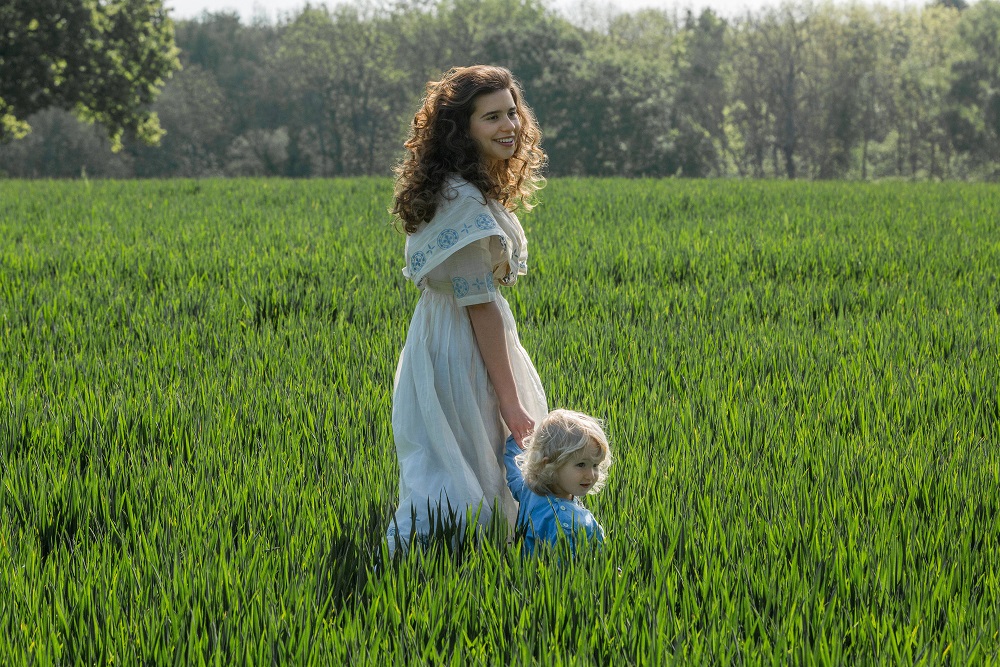 And then there was poor – in both senses – Leonard Bast (Joseph Quinn, pictured below with Rosalind Eleazar), whose clenched lower jaw signalled the tense, repressed agonies of a man trapped by circumstance. What an awful end: thrashed by an ancestral weapon, then crushed by a bookcase full of the kind of literature he had failed to absorb. The pen and the sword working in tandem kept the lower classes in their place.
And then there was poor – in both senses – Leonard Bast (Joseph Quinn, pictured below with Rosalind Eleazar), whose clenched lower jaw signalled the tense, repressed agonies of a man trapped by circumstance. What an awful end: thrashed by an ancestral weapon, then crushed by a bookcase full of the kind of literature he had failed to absorb. The pen and the sword working in tandem kept the lower classes in their place.
Bast’s storyline was the drama’s take-home homily which held up a mirror to our own beleaguered times, when social mobility has once more ground to a halt. Casting actresses of colour also helped to lure the story towards the present. It's a bit more of a stretch to see the outward-looking Schlegels as vaguely Remainy, and the old-school, internationally trading Wilcoxes as sort of Brexitish. Only the ridiculous Tibby, tucked up in an armchair learning Mandarin or bashing crap out on pianos, was resolutely marooned on an Edwardian island (Alex Lawther, who also played the title role in Goodbye Christopher Robin, may be hoping not to be stuck in a period time warp).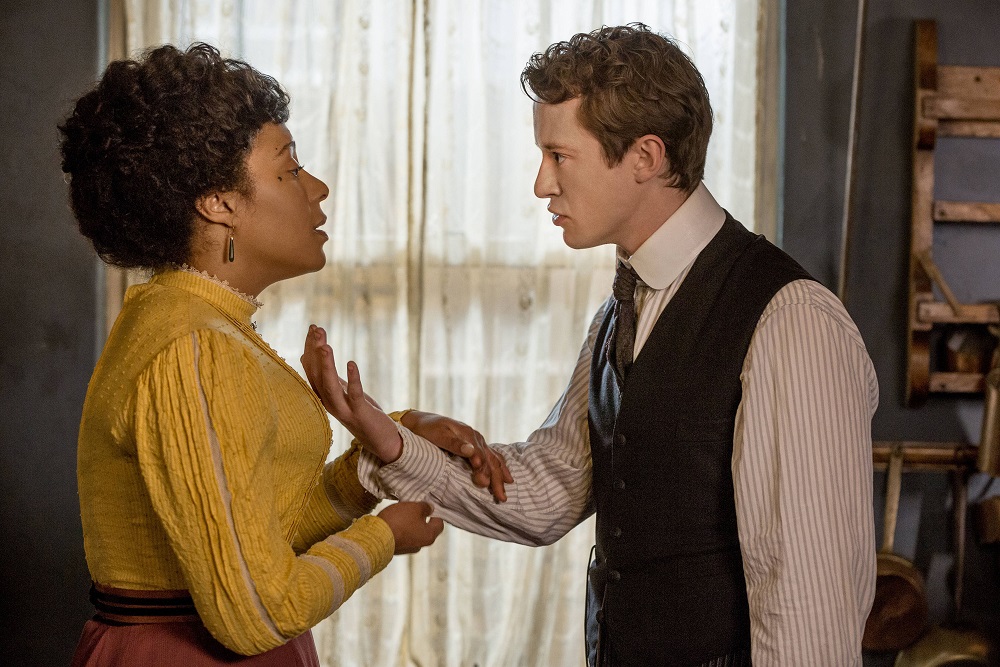 Here and there the language was brought gratingly up to date. “How are you?” asked the dim Dolly. “Good,” said Margaret. Mostly Kenneth Lonergan’s adaptation exuded exemplary taste, and dogged fidelity. The final episode’s brusque sequence of letters felt very Forsterian, as did the arch conversational style. And yet this was no mere transcript, not with the actors stridently climbing all over one another’s lines. This bottlenecking effect looked tricky to achieve – the cutting-room floor must be thick with takes that weren’t quite right. It deftly captured something of the novel’s interest in missed connections across gender and class. The scene between Margaret, Henry and his chauffeur at the start of episode three was a gorgeous little pas de trois in which everyone, seeking to establish a favourable place in a pecking order, talked out of sync.
Here and there the language was brought gratingly up to date. “How are you?” asked the dim Dolly. “Good,” said Margaret. Mostly Kenneth Lonergan’s adaptation exuded exemplary taste, and dogged fidelity. The final episode’s brusque sequence of letters felt very Forsterian, as did the arch conversational style. And yet this was no mere transcript, not with the actors stridently climbing all over one another’s lines. This bottlenecking effect looked tricky to achieve – the cutting-room floor must be thick with takes that weren’t quite right. It deftly captured something of the novel’s interest in missed connections across gender and class. The scene between Margaret, Henry and his chauffeur at the start of episode three was a gorgeous little pas de trois in which everyone, seeking to establish a favourable place in a pecking order, talked out of sync.
The cast did their wonderful work in a made-to-measure world. Full marks to Luke Hull's production design, art direction by Kate Evenden and Andrew Rothschild, and Sheena Napier’s costume design. Big it up for Myddleton Square in Islington too. Director Hettie Macdonald and cinematographer Wojciech Szepel shaped and framed every scene with a subtle eye for nudging things along, bringing the camera in super-close or keeping a reserved distance. One scene with four characters in the Schlegels' hallway was composed with the finesse of an Edwardian genre painting.
“What a family!” said Charles Wilcox, not meaning it as a compliment. Who isn’t going to miss the admirable Schlegels?

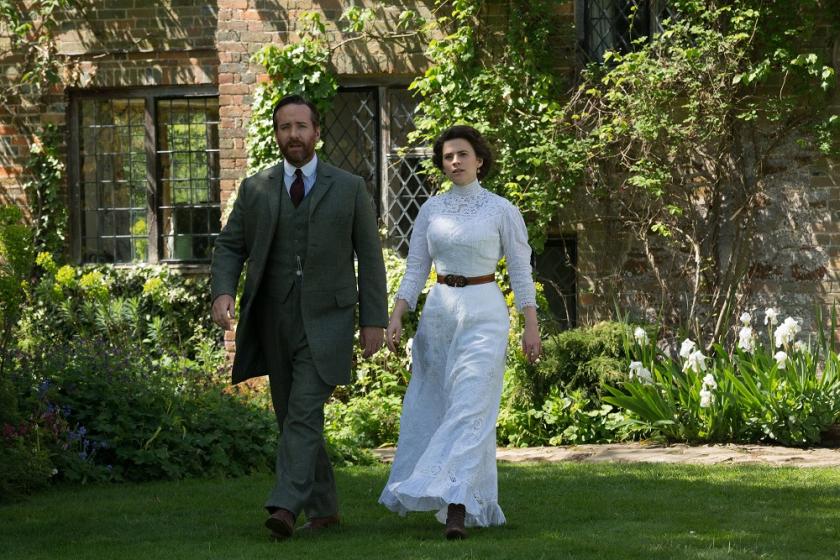







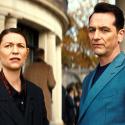
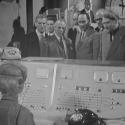


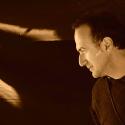
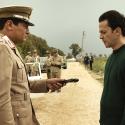
Add comment